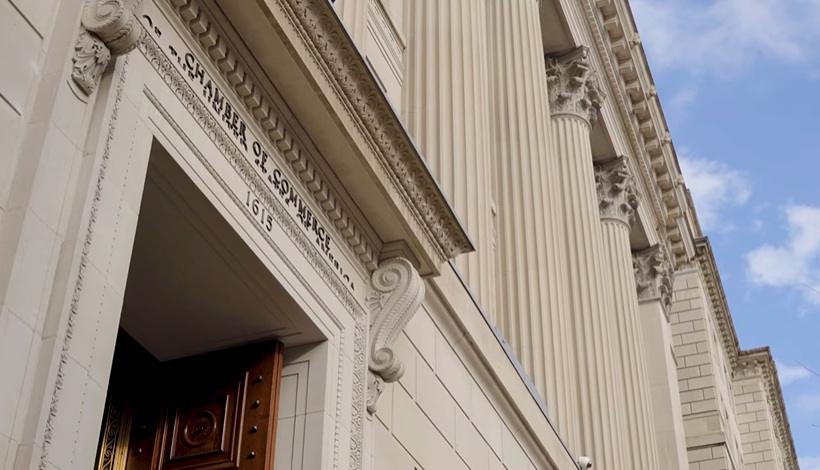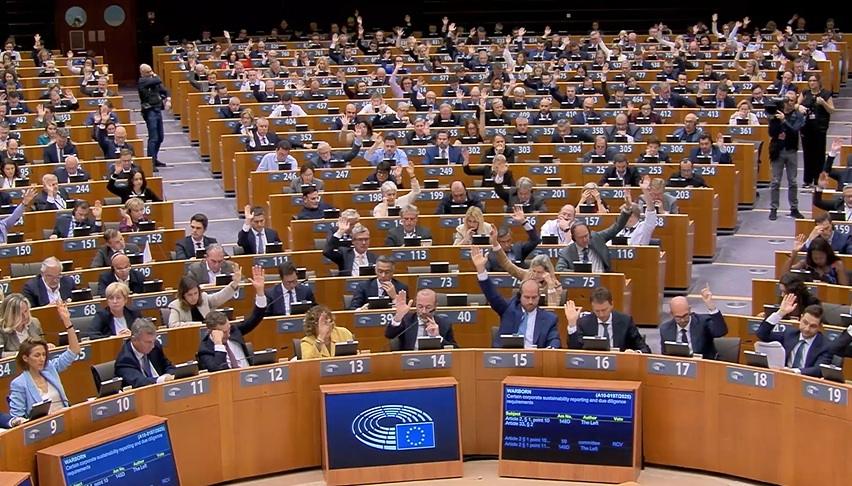California Climate Disclosure Regulation Passes Major Legal Hurdle
A new California law that will effectively require most large U.S. companies to disclose their value chain emissions and report on climate-related financial risks survived a major legal challenge brought by the U.S. Chamber of Commerce, with a California judge refusing a request to immediately disallow the law on constitutional grounds.
While ruling that the court did not have sufficient information to allow the request, however, U.S. District Judge Otis Wright II appeared to leave room for the law to be challenged if more information supporting the Chamber of Commerce’s case is presented.
The regulations in question, SB 253 and SB 261, were approved by Governor Newsom in 2023, and signed into law in October 2024 (as a combined and slightly amended bill SB 219).
SB 253 requires companies with revenues greater than $1 billion that do business in California to report annually on their direct Scope 1 and 2 emissions, and Scope 3 value chain emissions, including those associated with supply chains, business travel, employee commuting, procurement, waste, and water usage. SB 261 applies to U.S. companies that do business in California and with revenues greater that $500 million to prepare a report disclosing their climate-related financial risk, as well as measures to reduce and adapt to that risk.
Corporate reporting under the new law is set to begin in 2026.
Following the approval of the new climate disclosure laws, the U.S. Chamber of Commerce, alongside other business groups, filed a lawsuit against the state, arguing that the new rules would violate the first amendment by compelling businesses to engage in subjective speech, and claiming that supply chain emissions “can be nearly impossible for a company to accurately calculate,” and that they would obligate companies to “subjectively report their worldwide climate-related financial risks and proposed mitigation strategies.” The plaintiffs requested a “summary judgement” to block the law immediately, and prior to providing evidence in the discovery phase.
The judge appeared to criticize the plaintiffs’ choice to present the case as a “facial challenge,” in which such legislation would always be deemed unconstitutional and immediately dismissed, stating that the decision to do so “comes at a cost.” The judge added that without discovery, the court did not have sufficient information to determine “which of the laws’ applications violate the First Amendment,” and to “measure the constitutional against the unconstitutional applications.”
The ruling also noted, however, that it disagreed with the state’s argument that that the new law should not be subject to First Amendment scrutiny, but noted that as it may be classified as a law regulating commercial speech, which could be subject to a lower standard of scrutiny, particularly as the rules were designed to “prevent companies from making potential misleading statements,” and as “many companies advertise their business as ‘green’ or emissions conscious,” and as pursuing net zero goals.
Without more information, however, the judge said that the court could not yet make that determination that the laws should be subject to lower levels of scrutiny, adding “But they also may not. To determine which level of scrutiny to apply, the Court needs a record on whether SBs 253 and 261 regulate a substantial number of companies that do not make potentially misleading environmental claims.”





